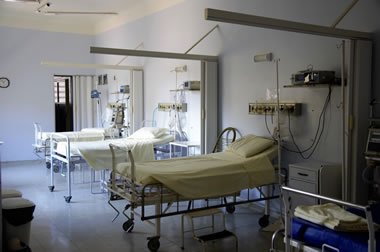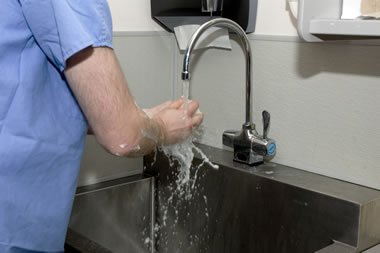What to Do When Legionella is Found in Hospitals?
In this article the legionella and water safety experts at Legionella Control International look at what to do when legionella is discovered in a hospital or healthcare setting. It looks at the role of Public Health England, Health Protection Teams and the hospital Water Safety Group and considers the key responsibilities. It looks at when the Health Protection Team needs to be notified of any leg










